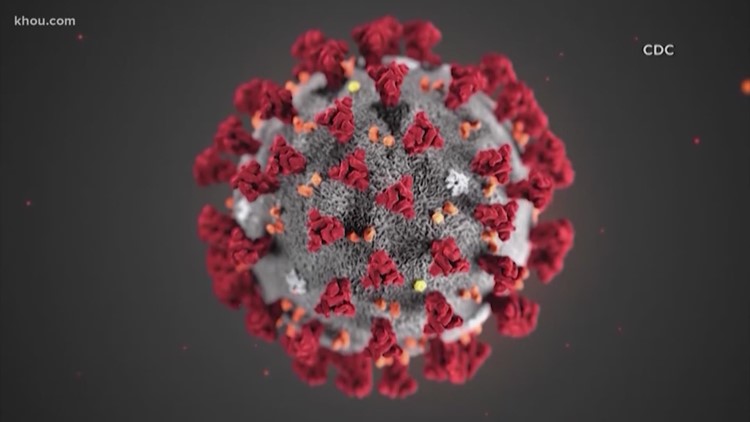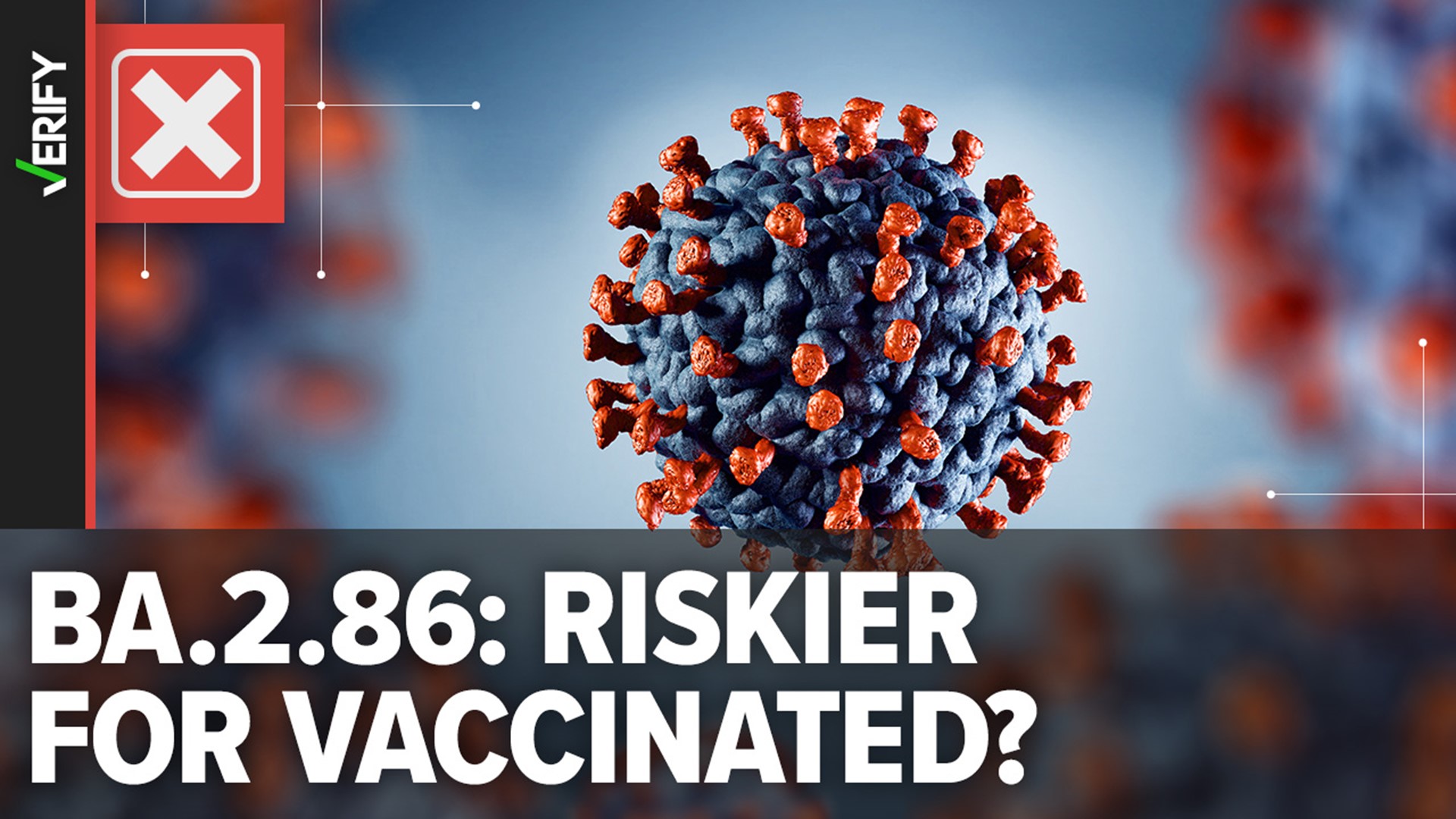MEMPHIS, Tenn. — The Tennessee Department of Health confirmed a second COVID-19 case in Shelby County Thursday, as well as the first case in Knox County.
Davidson, Knox, Shelby, Sullivan, and Williamson counties are all now reporting cases.
Tennessee Gov. Bill Lee declared a state of emergency Thursday morning. The governor said the move will allow federal emergency funds to flow into the state to help mitigate and treat the disease.
"We know this is serious. We also know this is especially serious for neighbors who are elderly. This is why we should all take this seriously, even if you are not in the vulnerable population," Gov. Lee said.
Vulnerable populations include older adults and those with immune and respiratory diseases. Gov. Lee encouraged Tennesseans to avoid non-essential visits to nursing homes and hospitals.
The TDH said it will now post COVID-19 updates online at 2 p.m. CT each day at this link.
Several events locally and across the United States have been canceled or postponed to prevent further spread of the coronavirus.
The Centers for Disease Control awarded more than $10 million to support the state's COVID-19 response. The money is part of more than $560 million be given to state and local jurisdictions.
The State Public Health Laboratory is now running COVID-19 testing seven days a week to assist public health authorities and health care workers in identifying cases and treating individuals.
After concerns about the department's announcement that it would no longer release counties of residence for confirmed cases, officials update the policy to balance transparency and patient privacy.
“TDH will release counties of residence for all confirmed cases, but will not include further identifying factors like age or gender as we balance transparency with our obligation to lawfully protect patient privacy,“ said Tennessee Health Commissioner Lisa Piercey, MD, MBA, FAAP. “While the department’s standard protocol for outbreaks is to announce information by region, we understand COVID-19 is an evolving situation presenting unique concerns for our communities.“
TDH Recommended Precautions
Tennesseans are encouraged to take routine precautions used in guarding against respiratory viruses:
• Wash your hands often with soap and water. Use alcohol-based hand sanitizer if soap and water are not available.
• Cover your mouth and nose with a tissue when coughing or sneezing
• Don’t touch your eyes, nose or mouth with unwashed hands
• Stay home if you are sick
• Stay away from people who are sick
COVID-19 Symptoms
Most patients with confirmed COVID-19 infection have mild respiratory illness with fever, cough and shortness of breath. A smaller number of patients have severe symptoms requiring hospitalization.
COVID-19 Information Line
TDH has launched a Tennessee Coronavirus Public Information Line in partnership with the Tennessee Poison Center. The number is 877-857-2945 and is available daily from 10 a.m. to 10 p.m. Central time.
In Knox County, the health department has established a COVID-19 public information line effective Wednesday. People can call 865-215-5555 or toll-free at 888-288-6022. The information line will be available from 8 a.m. to 4:30 p.m., Monday through Friday.
RELATED: Mississippi Public Universities extend Spring Break to move to remote classes starting March 23
--------------------------------------------
Coronavirus in Context:
The symptoms of coronavirus are similar to the flu or a bad cold. Symptoms include a fever, cough and shortness of breath, according to the Centers for Disease Control.
Most healthy people will have mild symptoms. A study of more than 72,000 patients by the Centers for Disease Control in China showed 80-percent of the cases there were mild.
But infections can cause pneumonia, severe acute respiratory syndrome, kidney failure and even death, according to the World Health Organization. Older people with underlying health conditions are most at risk.
The CDC believes symptoms may appear anywhere from two to 14 days after being exposed.
Lower your risk
- Wash your hands often with soap and water for at least 20 seconds. If soap and water are not available, use an alcohol-based hand sanitizer.
- Avoid touching your eyes, nose, and mouth with unwashed hands.
- Avoid close contact with people who are sick.
- Clean and disinfect frequently touched objects and surfaces.
- If you are 60 or over and have an underlying health condition such as cardiovascular disease, diabetes or respiratory illnesses like asthma or COPD, the World Health Organization advises you to try to avoid crowds or places where you might interact with people who are sick.



